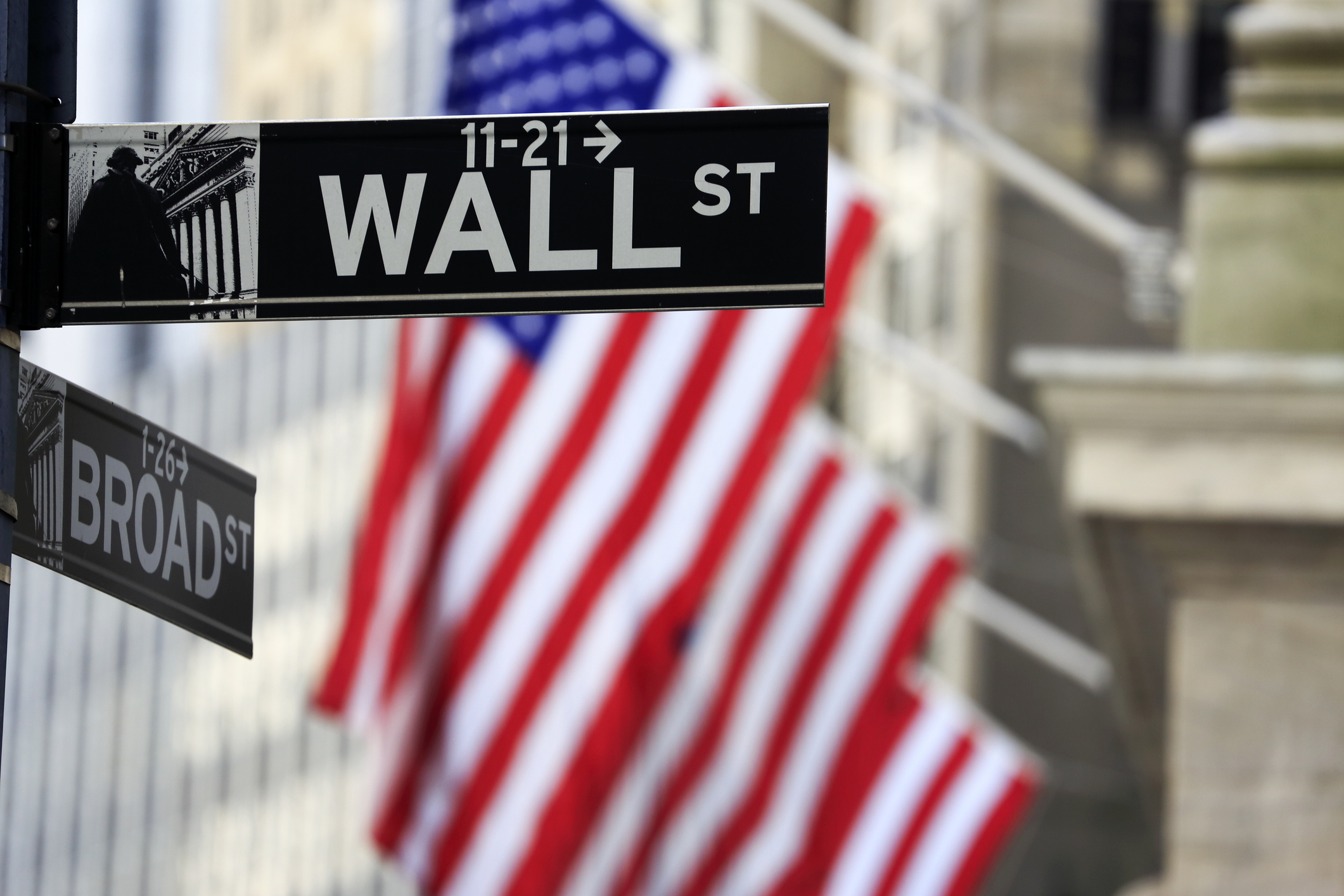Wall Street's Response to Trump's Tariffs and Consumer Spending
Top banking executives have indicated that corporate clients are adapting to the trade uncertainties stemming from President Trump's tariff policies. Morgan Stanley CEO Ted Pick stated, "Boardrooms appear more accepting of ongoing uncertainty broadly." Citigroup CEO Jane Fraser added that volatility is likely to remain a characteristic of the evolving economic landscape.
Goldman Sachs CEO David Solomon indicated that new negotiations and trade agreements have bolstered client confidence. Bank of America CEO Brian Moynihan confirmed that his clients are beginning to interpret the changes in trade and tariffs with a clearer outlook. Cumulative results from major banks revealed a 17% increase in trading revenues and a 7% increase in investment banking revenues year-over-year.
Bank of America and Morgan Stanley reported declines in investment banking revenues, while JPMorgan, Goldman Sachs, and Citigroup experienced growth. The banking sector is also discussing potential deregulation as a means to improve their future performance.
Consumer Spending Concerns Amidst Tariffs
Executives from major retail and airline companies, including Delta and Walmart, are expressing concerns about consumer spending due to tariffs and inflation. Companies are reporting weaker-than-expected sales forecasts, attributing the decline to persistent inflation and the uncertainty surrounding trade policies.
Delta CEO Ed Bastian noted that uncertainty has led consumers to pull back on discretionary spending. He stated, "Consumers in a discretionary business do not like uncertainty." This sentiment is echoed across various sectors, as companies like Dick's Sporting Goods and American Eagle also reported a slowdown in demand.
Walmart's finance chief, John David Rainey, emphasized the necessity for a cautious outlook, stating, "It's prudent to have an outlook that is somewhat measured." The overall consumer sentiment has worsened, impacting major retailers and airlines alike.
Wall Street CEOs Speak on Tariffs

During earnings season, Wall Street's CEOs highlighted the implications of Trump's tariff policies on their operations. The effective tariff rate in the U.S. is at its highest in a century, prompting companies like 3M and JPMorgan Chase to adjust their forecasts.
In an earnings call, 3M's CEO Bill Brown acknowledged that tariffs would be a headwind for the year, projecting a potential annualized tariff impact of approximately $675 million. JPMorgan Chase's Jamie Dimon voiced concerns over the negative effects of tariffs on economic activities, stating, "People and companies are not going to be doing things."
As uncertainty looms, companies are strategizing to mitigate the impacts of tariffs and adapting to evolving market conditions while navigating potential recessions.
Impact on Consumer Goods and Services
PepsiCo and Procter & Gamble have reported concerns related to tariffs affecting their supply chain costs and consumer behavior. PepsiCo's CEO Ramon Laguarta expressed that ongoing volatility in global trade developments is expected to increase costs, while P&G's CFO noted a projected impact of $1 billion to $1.5 billion due to tariffs.
Both companies are considering price adjustments and operational changes to offset the financial strain. The outlook for consumer spending remains cautious as companies brace for the ripple effects of tariffs and inflation on their sales and profitability.
For more insights and updates, visit our services at undefined and explore how we can support your business needs.





